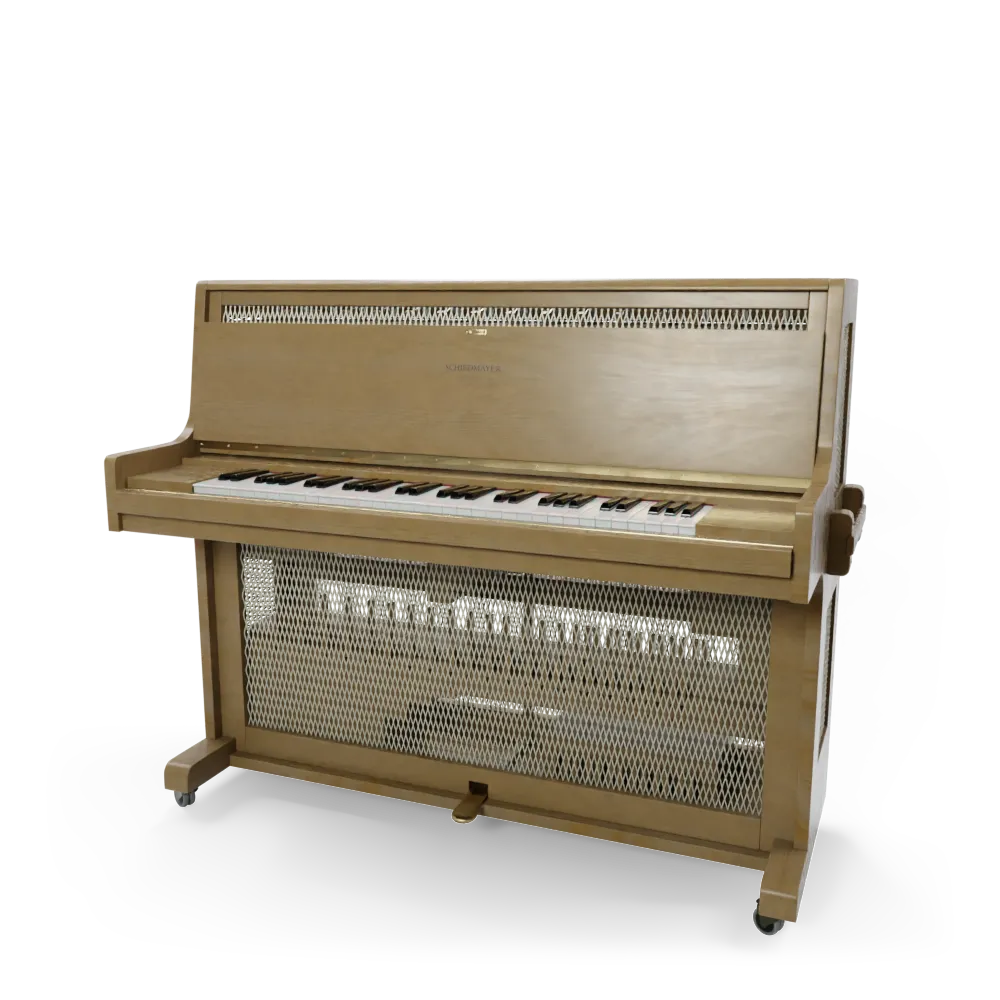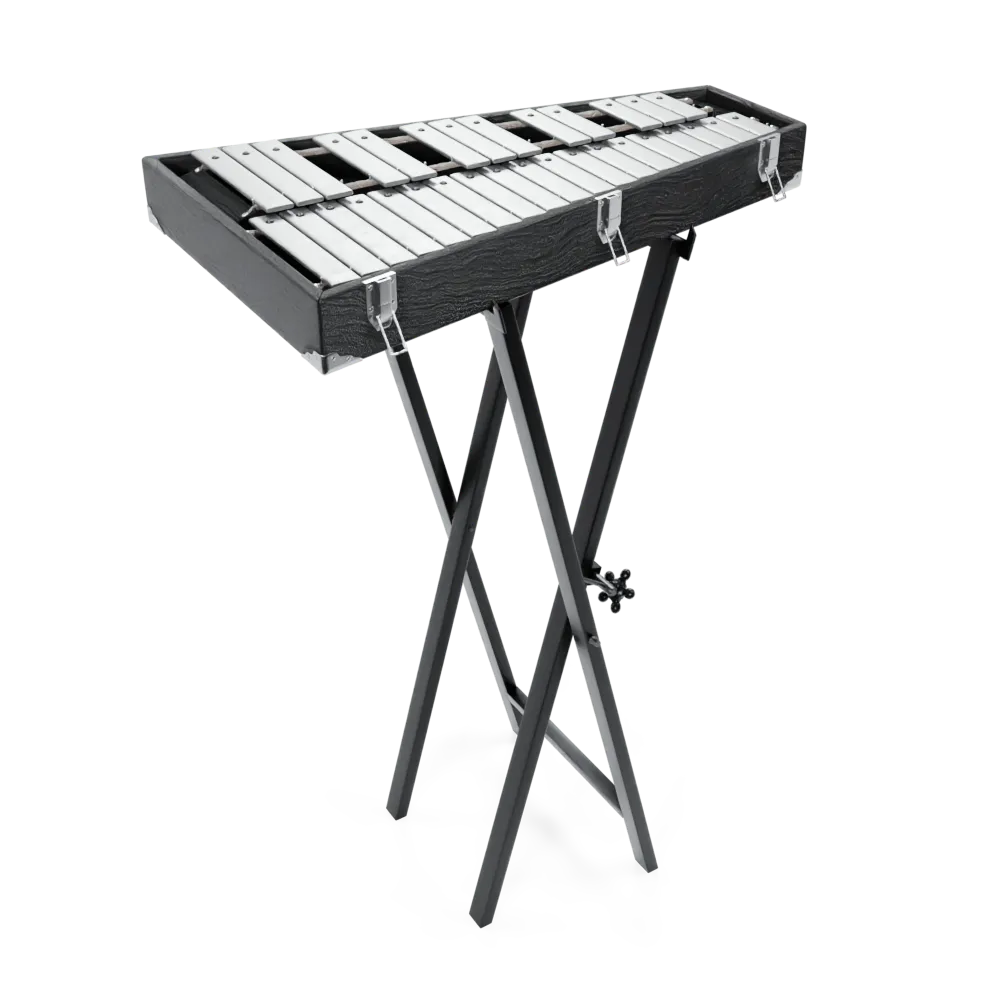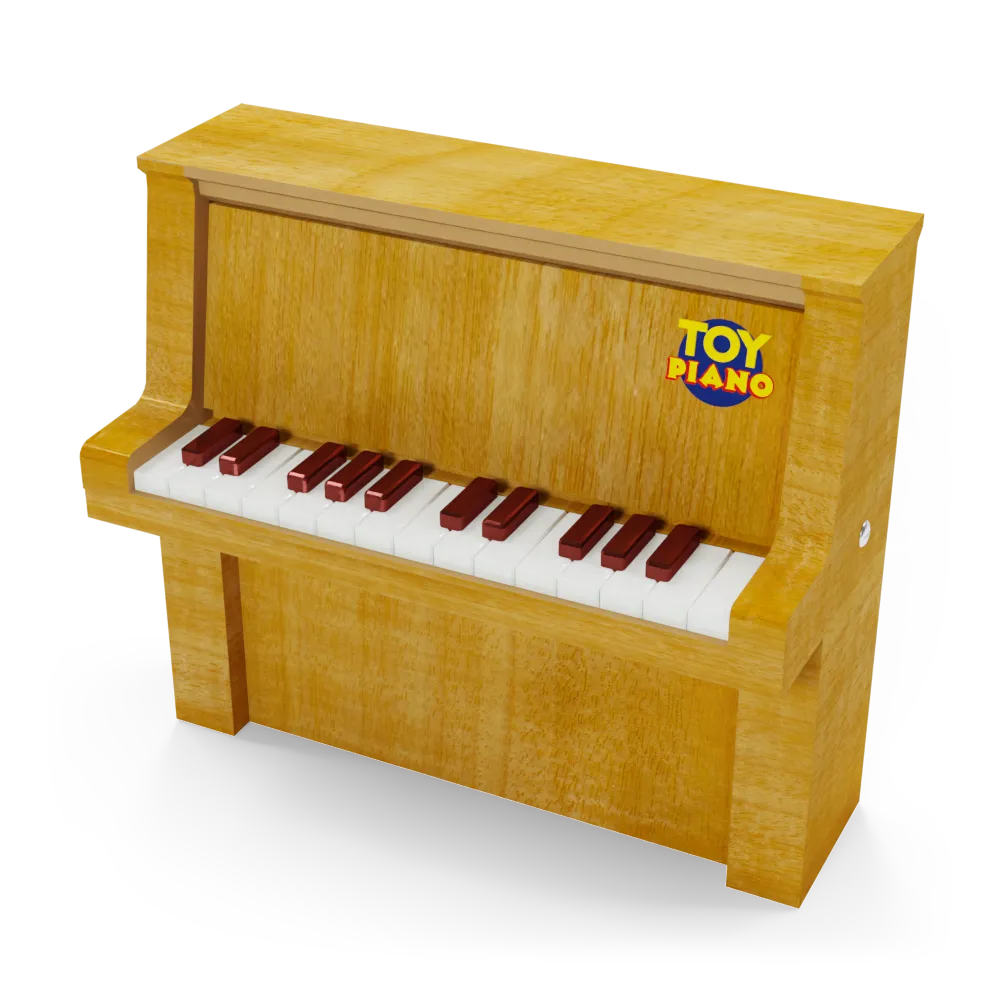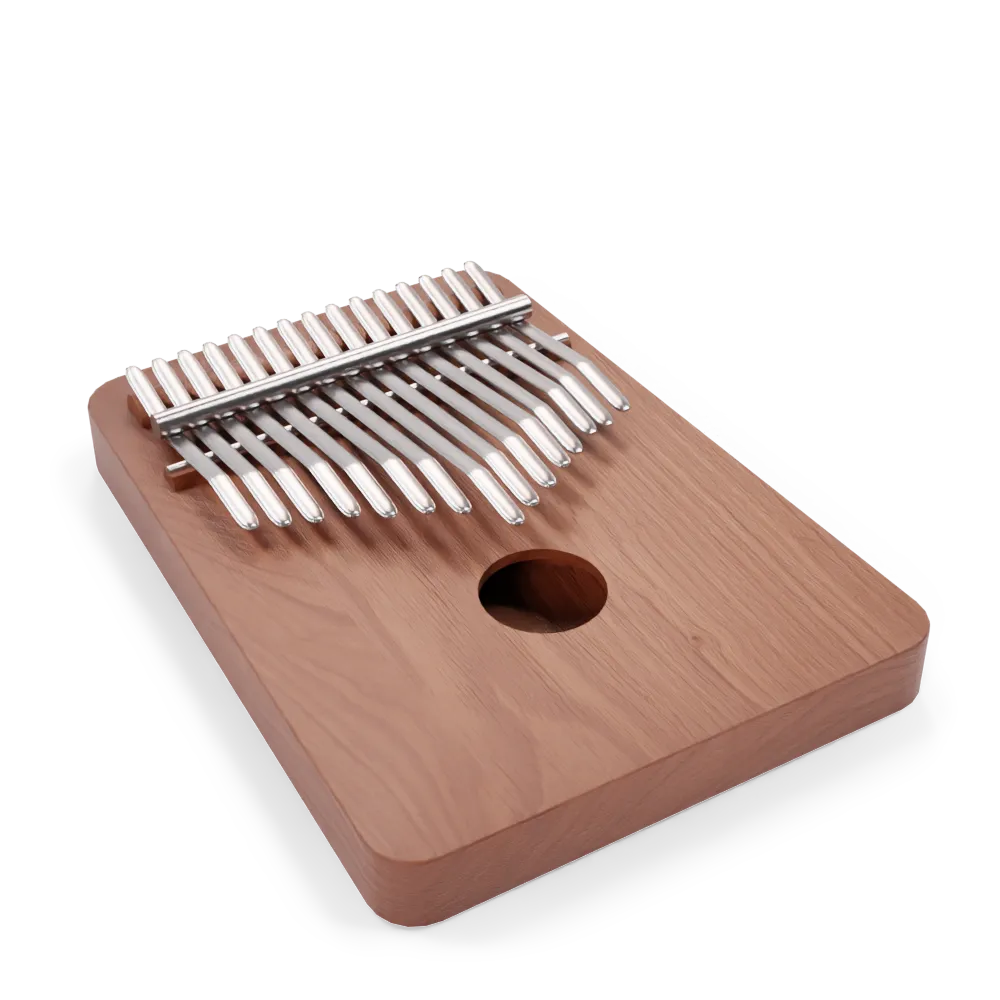Celeste: Metal Pitched Percussions for Pianoteq
This pack includes four pitched percussion instruments with a glimmering sound:
- the Celesta
- the Glockenspiel
- the Toy Piano
- the Kalimba
With their whimsical, ethereal sounds, these metallophones and idiophones each have their unique character, making them ideal for various genres, from orchestral soundtracks to modern productions.
Thanks to Pianoteq's physical model, the instruments come in several variants including an exclusive humanization feature for the strike point, achieving a variation that makes them more expressive sounding, particularly true for the glockenspiel where the musician never hits the plates at the exact same point.
For more creative sound design, you can even blend these instruments with any other Pianoteq instrument thanks to the powerful morphing and layering features.
a Pianoteq instrument pack
Get this pack with Pianoteq Stage (2 packs), Standard (3), or Pro (4).
Buy Pianoteqstarting from 139.00 €
- 4 instruments with shimmering metal resonances
- Adds a bright, dreamy edge to cinematic pieces and pop/rock songs
- Exclusive strike point humanization feature
- Sound generated and evolving as you play
- 20 presets included
Listen to the Celeste instrument pack

Celesta
The celesta looks like a small acoustic upright piano, but sounds nothing like it: the sound emanates from metal plates struck by felt hammers resembling piano hammers, producing a very soft and subtle tone with a fairy-tale like quality.
Brought to fame by Tchaikovsky’s "Dance of the Sugar Plum Fairy" from the Nutcracker suite, the celesta has since been used in countless orchestral pieces and movie soundtracks, such as The Planets by Gustav Holst, or "Hedwig's Theme" by John Williams, from the Harry Potter film series.
The Pianoteq virtual copy is modelled after a modern five-octave German brand.

Glockenspiel
The glockenspiel – not to be confused with the xylophone – consists of metal plates struck by hard metal mallets held by the musician. Its high pitch and bright timbre make it much more brilliant than the celesta, perfect for adding a glimmering edge to an orchestral tutti.
Mozart's Die Zauberflöte (The Magic Flute), Dukas' L'Apprenti sorcier (The Sorcerer's Apprentice), Radiohead's No Surprises and U2's I Will Follow all feature it prominently. Indeed, the glockenspiel not only appears in orchestral pieces, but also in countless pop and rock songs.
The Pianoteq virtual copy, modelled after a modern French brand, has been slightly extended to cover four octaves.

Toy Piano
Often encountered as a child's toy, Toy Pianos are usually no more than 50 cm (20") wide, and made out of wood or plastic. The sound is produced by small hammers striking metal rods, making it more similar to the celesta than to the piano.
Its innocent and unworried sound has been somewhat of a key appeal to many composers and performers through the centuries, who used the toy piano as a real musical instrument – for instance in Yann Tiersen's soundtrack of the movie Le fabuleux destin d'Amélie Poulain (Amélie from Montmartre).
The Pianoteq virtual copy is modelled after a two-octave Michelsonne toy piano and is extended to four octaves.

Kalimba
The Kalimba, Senza or Mbira, is a small handheld instrument from Africa, known for its soft, bell-like resonance produced by plucking metal tines attached to a wooden resonator. Technically speaking, it is therefore not a percussion instrument, but a plucked idiophone.
In Pianoteq, this virtual kalimba offers a default range of 20 notes, but can be extended to the full 88 keys.
With Pianoteq’s physical modelling, you can customize its tone and dynamics, and even morph it with other instruments, making it ideal for a variety of genres from world music to modern ambient soundscapes.



